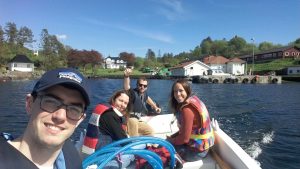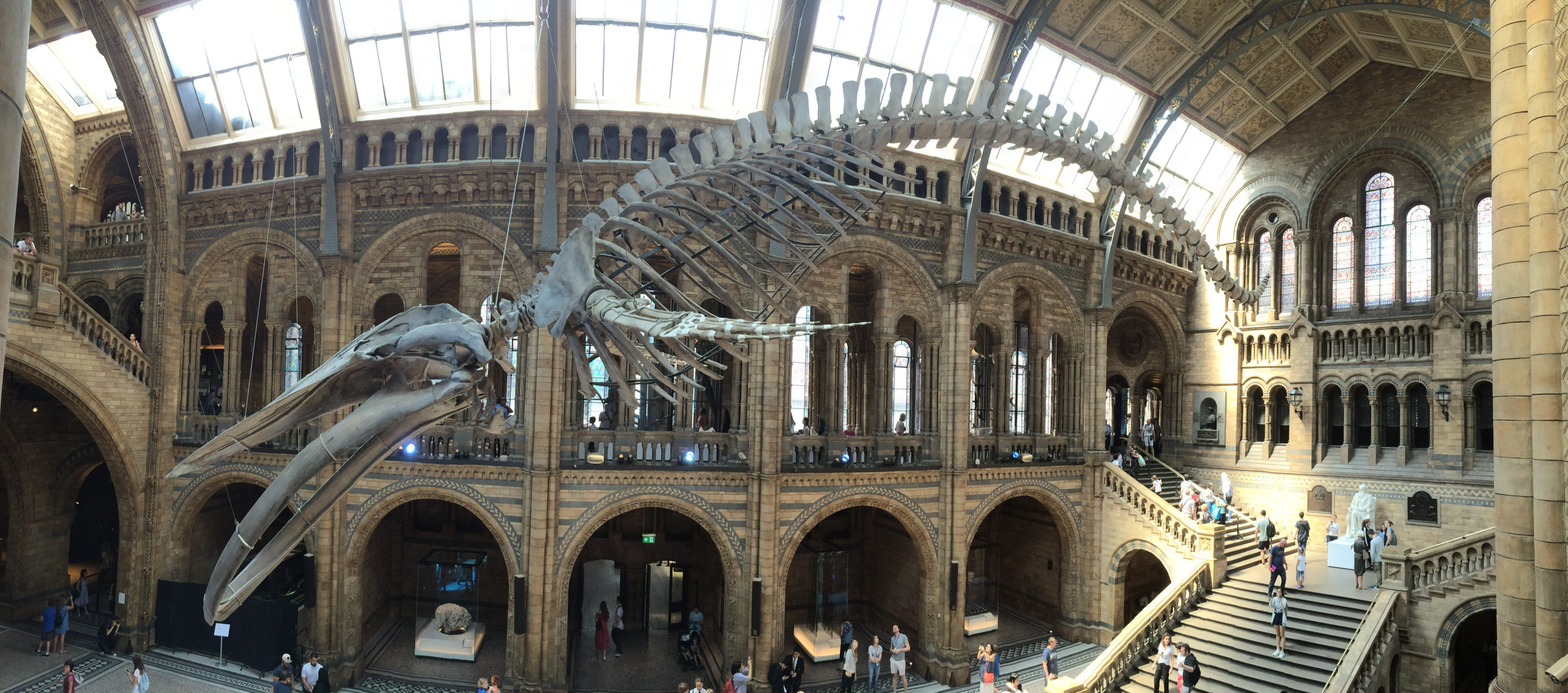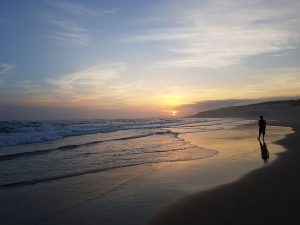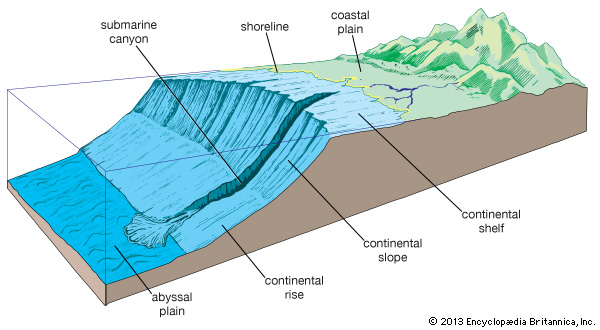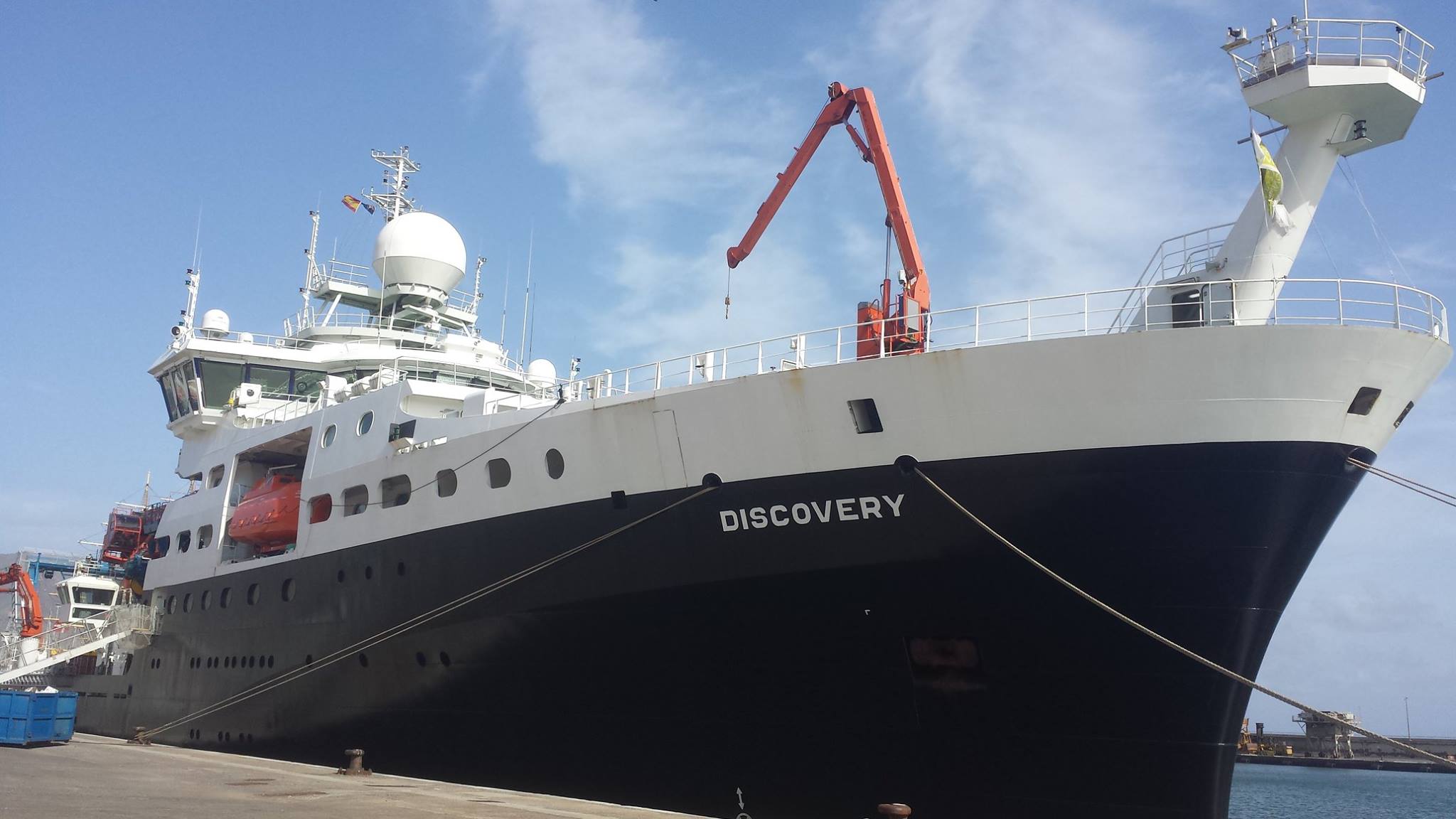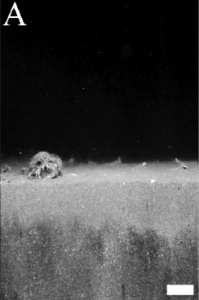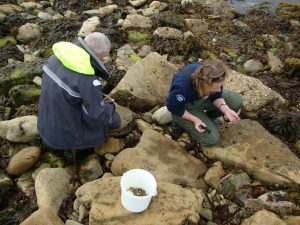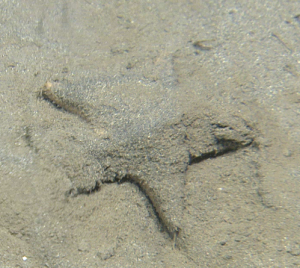
In a Sea of Stars
Today's guest blog post is from my good friend and office mate Christina Wood.
Christina will tell you all about herself and the work she does, take it away Christina...
I am a PhD student studying at the National Oceanography Centre in Southampton, UK. In March 2017, I participated in a cruise to the Barents Sea to assist researchers as part of the ongoing MAREANO project.
Continue reading →

